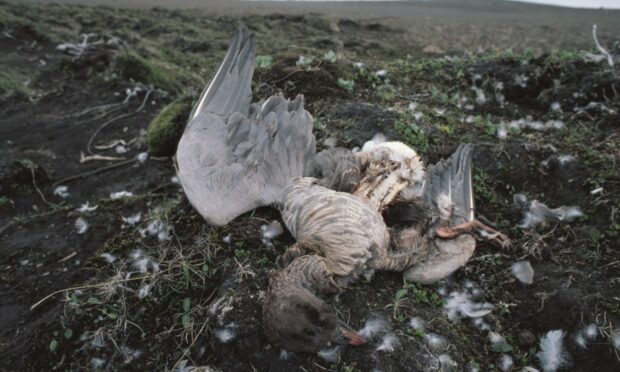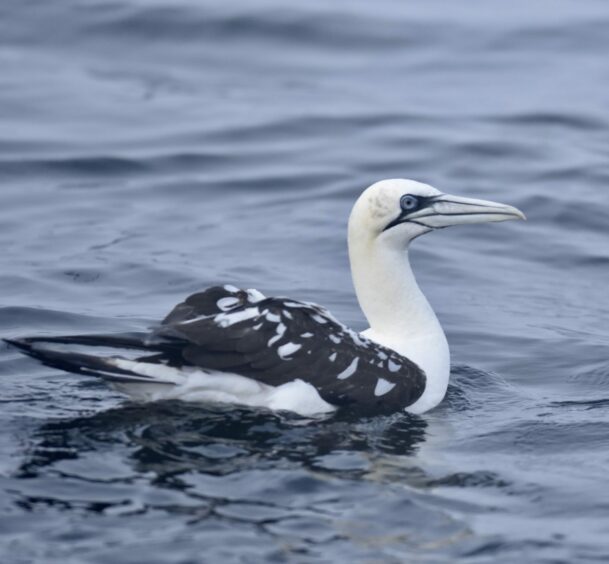A national charity is asking people not to bring sick or injured birds to its wildlife and rehoming centres due to bird flu.
The Scottish SPCA has announced it is closing its National Wildlife Rescue Centre in Clackmannanshire to wild birds until further notice.
But members of the public are also being asked to refrain from taking any sick or injured bird to the other rescue and rehoming centres, like Drumoak.
The introduction of these temporary measures has been prompted by a stark rise in cases of avian influenza, better known as bird flu, across the country in recent weeks.
Scotland’s animal welfare charity currently has more 700 birds in its care.
Wildlife experts at the charity fear without action they could be faced a critical outbreak.
Scottish SPCA chief superintendent Mike Flynn said imposing such measures is “tough” but “necessary”.
He said: “Avian flu has circulated throughout bird populations globally for almost two decades with varying degrees of severity. The current outbreak is far and away the worst in terms of transmission and mortality rates.
‘We have to take this action’
“This decision is tough but necessary to protect the hundreds of wild birds currently in our care. Our inspectors and animal rescue officers have responded to reports of thousands of birds in need this year, and they will continue to do so. We will do everything we can for every bird we attend to.”
Scotland’s wild bird population, including seabirds and waterfowl, have been decimated by the outbreak.
Dozens of dead birds have been spotted along the shorelines of the north-east in recent weeks.
Outbreaks have also been recorded at popular beauty spots in the Western Isles, Shetland and the Highlands.
Nature experts in Shetland described the outbreak as one of the worst they had seen on the island.
Scottish SPCA has become the latest charity to take action to manage the crisis.
Last month, NatureScot closed two famous island national nature reserves – Tourist landings at Noss National Nature on Bressey in Shetland and Isle of May Reserve in the Firth of Forth – to the public to protect their vulnerable seabird populations.
Mr Flynn added: “We have really robust bio-security and isolation measures in place, but the sheer scale and the rapid spread of this outbreak of avian influenza means we have to take this action.
“One positive case in our rescue centre could mean tens of thousands of hours spent treating all of the birds currently in our care are wasted, as government guidelines mandate all birds could be put to sleep to prevent the disease spreading.
“The likelihood is we would have to close the centre entirely, jeopardising the wellbeing of not just birds but lots of other animals too.”


Conversation